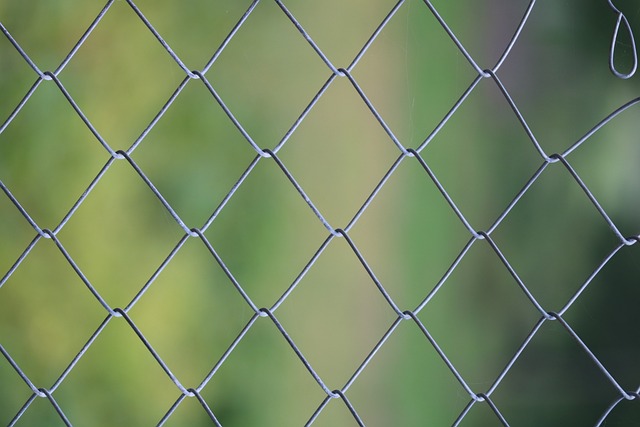In New Bedford, Massachusetts, the pursuit of sustainable living has extended to outdoor spaces, with a growing interest in eco-friendly fencing materials. This trend not only contributes to a greener environment but also offers distinct advantages for homeowners. The following article explores the diverse range of eco-friendly fencing options available in New Bedford, highlighting their benefits, installation tips, and local sustainability impacts. From recycled plastic to natural wood alternatives, these materials promise both aesthetic appeal and ecological responsibility.
- Eco-Friendly Fencing Options in New Bedford
- Benefits of Sustainable Fencing Materials
- Installation and Maintenance Considerations
- Local Availability & Environmental Impact
Eco-Friendly Fencing Options in New Bedford
New Bedford, MA, residents now have an array of eco-friendly fencing options to choose from, contributing to a greener and more sustainable community. Traditional materials like wood and metal are being replaced by innovative alternatives that offer both aesthetic appeal and environmental benefits. One such option is recycled plastic fencing, which is durable, low-maintenance, and made from post-consumer waste, reducing the demand for new resources.
Another popular choice is bamboo fencing, known for its rapid growth and natural beauty. Bamboo is highly versatile and can be woven or installed as solid panels, providing a unique visual appeal while serving as a natural windbreak and privacy barrier. Additionally, local suppliers offer organic, non-treated wood options, ensuring minimal environmental impact and promoting the health of local ecosystems. These eco-friendly fencing materials not only enhance outdoor spaces but also align with New Bedford’s commitment to sustainable living.
Benefits of Sustainable Fencing Materials
The use of eco-friendly fencing materials offers numerous advantages for both homeowners and the environment in New Bedford, MA. One of the primary benefits is their sustainability—these materials are typically made from renewable resources or recycled content, reducing the carbon footprint associated with traditional fencing options. This contributes to a healthier planet by minimizing the demand for new raw materials and lessening pollution from manufacturing processes.
Additionally, sustainable fencing solutions can enhance the aesthetics of outdoor spaces while promoting biodiversity. Many eco-friendly fences incorporate natural textures and colors that blend seamlessly with surrounding landscapes, creating visually appealing boundaries. Moreover, some materials provide habitats or food sources for local wildlife, supporting the region’s ecological balance.
Installation and Maintenance Considerations
When considering eco-friendly fencing materials, it’s essential to recognize that installation and maintenance play a significant role in their long-term benefits. New Bedford residents should note that some natural barriers require more initial effort to install compared to traditional vinyl or wood fences. For instance, living fences or hedges need regular trimming and shaping, while composted materials may demand specialized setting techniques to ensure stability.
However, the low maintenance aspect of many eco-friendly options is a plus. Materials like recycled plastic or organic composites rarely require painting or staining, reducing chemical use and further benefiting the environment. Regular cleaning with mild soap and water is often sufficient. Proper installation also involves considering access to resources for repairs; using local suppliers ensures minimal transportation impacts.
Local Availability & Environmental Impact
In New Bedford, MA, eco-friendly fencing materials are increasingly accessible, aligning with the region’s commitment to environmental sustainability. Local hardware stores and nurseries stock a variety of options, from recycled plastic and wood composites to natural materials like bamboo and hemp. This local availability not only makes it convenient for residents to source these products but also reduces the carbon footprint associated with long-distance shipping.
The environmental impact of these fencing materials is another significant advantage. Traditional wooden fences often contribute to deforestation and can leach chemicals into the soil over time. Conversely, eco-friendly alternatives are made from renewable resources or recycled materials, minimizing deforestation and reducing the release of harmful substances. By choosing these options, New Bedford residents not only enhance the aesthetic appeal of their properties but also contribute to a greener, more sustainable community.
